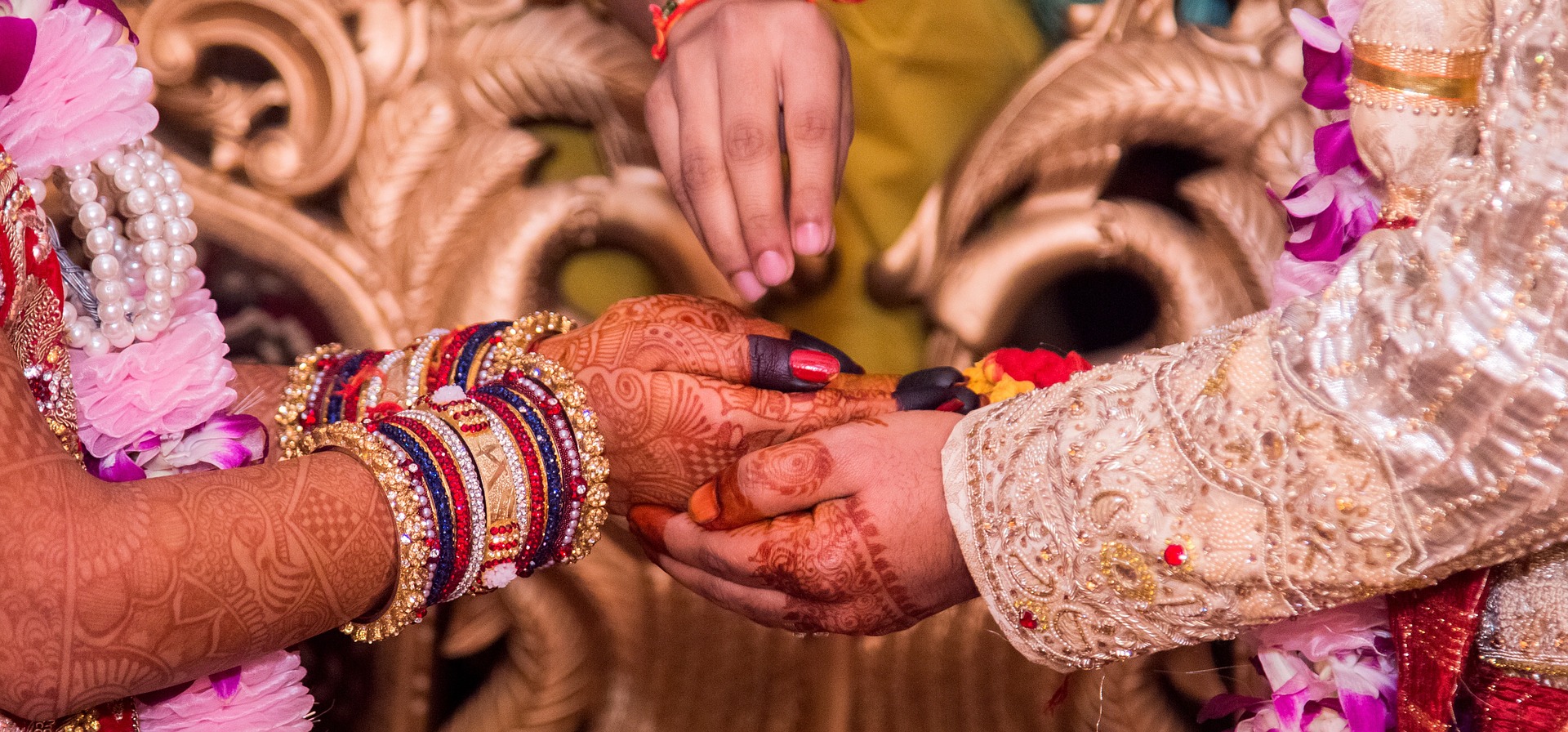Sikh marriage ceremonies are known as ‘Anand Karaj’ which means blissful event. Earlier, traditional Sikh marriage was not considered a legal marriage. Just like other communities in India, Sikhs wished to have their social laws accepted legally and a beginning was made with their marriage act called Anand marriage Act. Sikh marriages as per Sikh Rehat Maryada are governed by the Anand Marriage (Amendment) Act, 2012.
Sikhs Can Register Their Marriages Under The Anand Marriage Act
Sikhs can now register their marriages under the Anand Marriage Act. The Marriage Register is open on all working hours for the examination of the records by the parties to the marriage. A complete application form signed by the parties is required, along with the documentary evidence of date of birth of both parties and an affidavit provided by both parties mentioning the time, date, and location of marriage.
When Supreme Court of India Made Registration of Marriages Compulsory?
When Supreme Court of India made registration of marriages compulsory, it was obligatory for Sikhs to get their marriages registered under Hindu Marriage Act. Sikhs then did everything they possibly could to get an amendment in an already existing Act called Anand marriage Act, 1909. This act was passed by British legislative council and for the first time Sikh marriage was recognized through “Anand” which is also popularly known as “Anand Karaj”. The act amendment was made in 2012 by the Central Government, keeping a provision for registration of marriages performed by Sikhs through Anand or Anand Karaj.
Registration of the Anand Marriages of the Sikhs Under This New Amended Act.
After the amendment by the Central Government, the states were supposed to make their own rules to facilitate registration of the Anand marriages of the Sikhs under this new amended Act. However, through RTIs, it has come to light that only Haryana has framed their rules in 2014 and no other state has framed the rules so far. As a result, the circumstances are now forcing the Sikhs to get their marriages registered under “Hindu Marriage Act” instead of “Anand Marriage Act”.
India has diverse religions and cultures, therefore it becomes necessary that the laws meet the desires of its citizens so that they can have freedom, profess and spread their religion without clashing with people from other religions. This way the envision of the framers of the constitution of a Secular, Democratic and Socialist nation can be attained fully in both spirit and letter.
The constitution of India which first invalidated the Anand Marriage Act 1909 has failed to even consider the amendment into the constitution which was adopted in 1950. According to this Act Sikhs are deemed Hindus and hence they are supposed to follow all Hindu laws. Even though the Anand Marriage Act was passed in 1909, there was no provision for registration of marriages and they were registered under the Hindu Marriage Act.
Indian Parliament Passed the Anand Marriage Amendment Bill 2012
However, in 2012 both houses of the Indian Parliament passed the Anand Marriage Amendment Bill 2012. This bill legalized Sikh traditional marriages, amending the Anand Marriage Act of 1909, consequently making a provision for the registration of Anand marriages. According to the amended Anand Marriage Bill, couples who have registered their marriages under this new Act will not have to get their marriage registered under any other law.
You can also read these blogs for more information:


